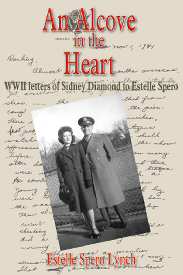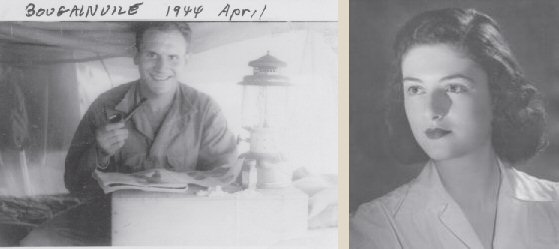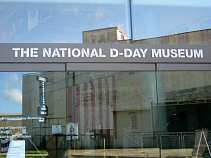An Alcove in the Heart:
WWII letters of Sidney Diamond to Estelle Spero

| "A riveting war-time account that is also a compelling love story..." | |
| |
| Author: Estelle Spero Lynch Email the publisher | |
| Pages: 204 | |
| ISBN: 9780615472638 (0-615-47263-X) About The Author Preview |

